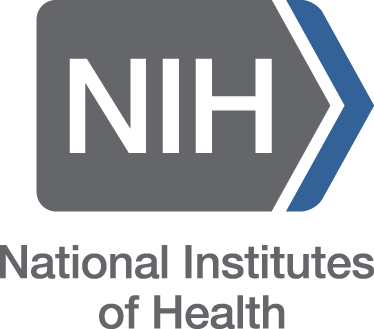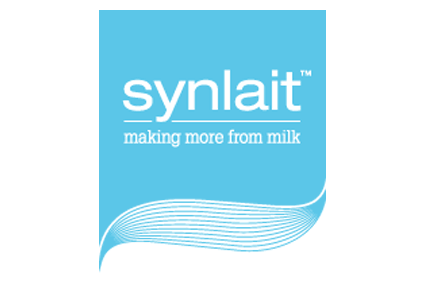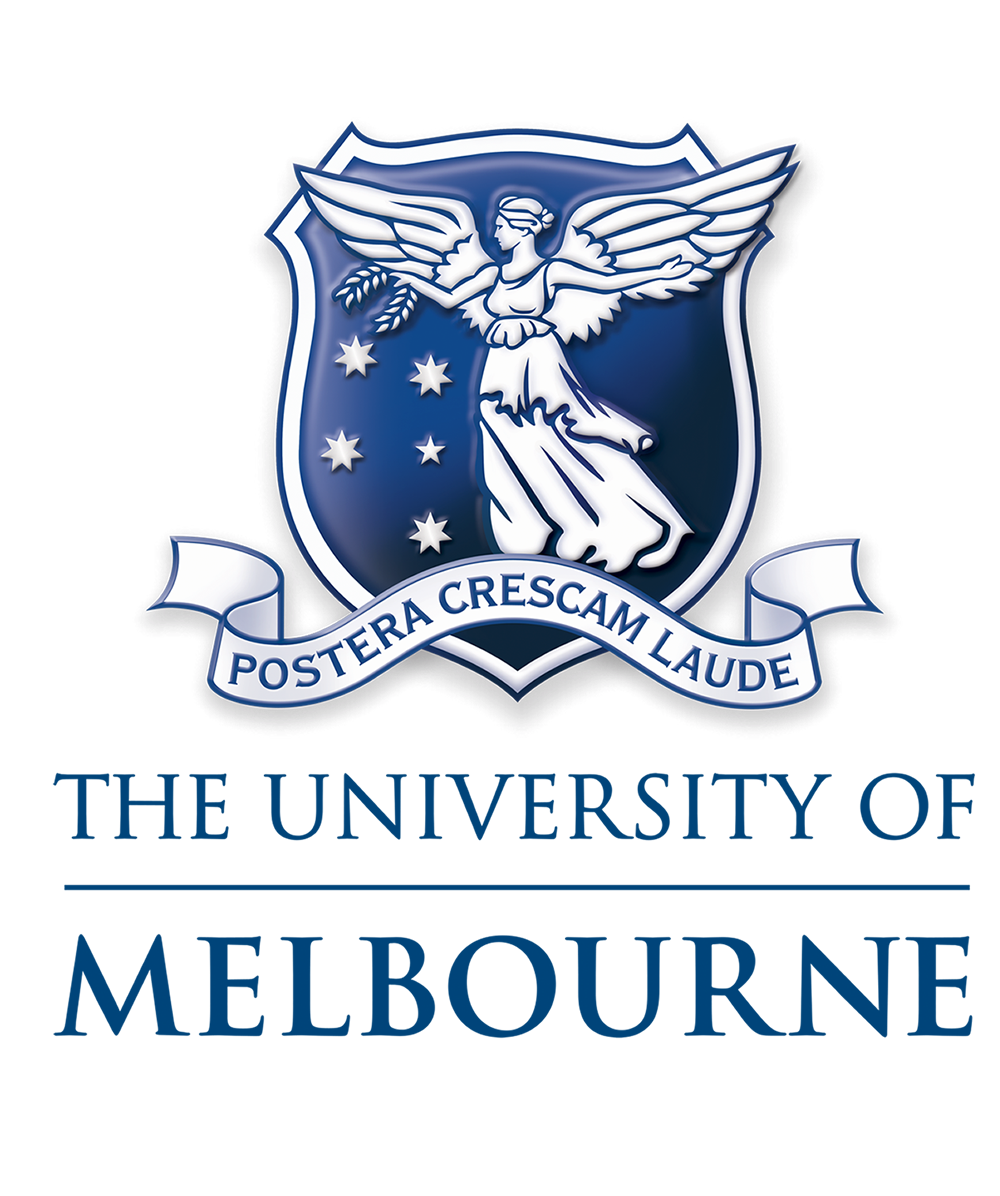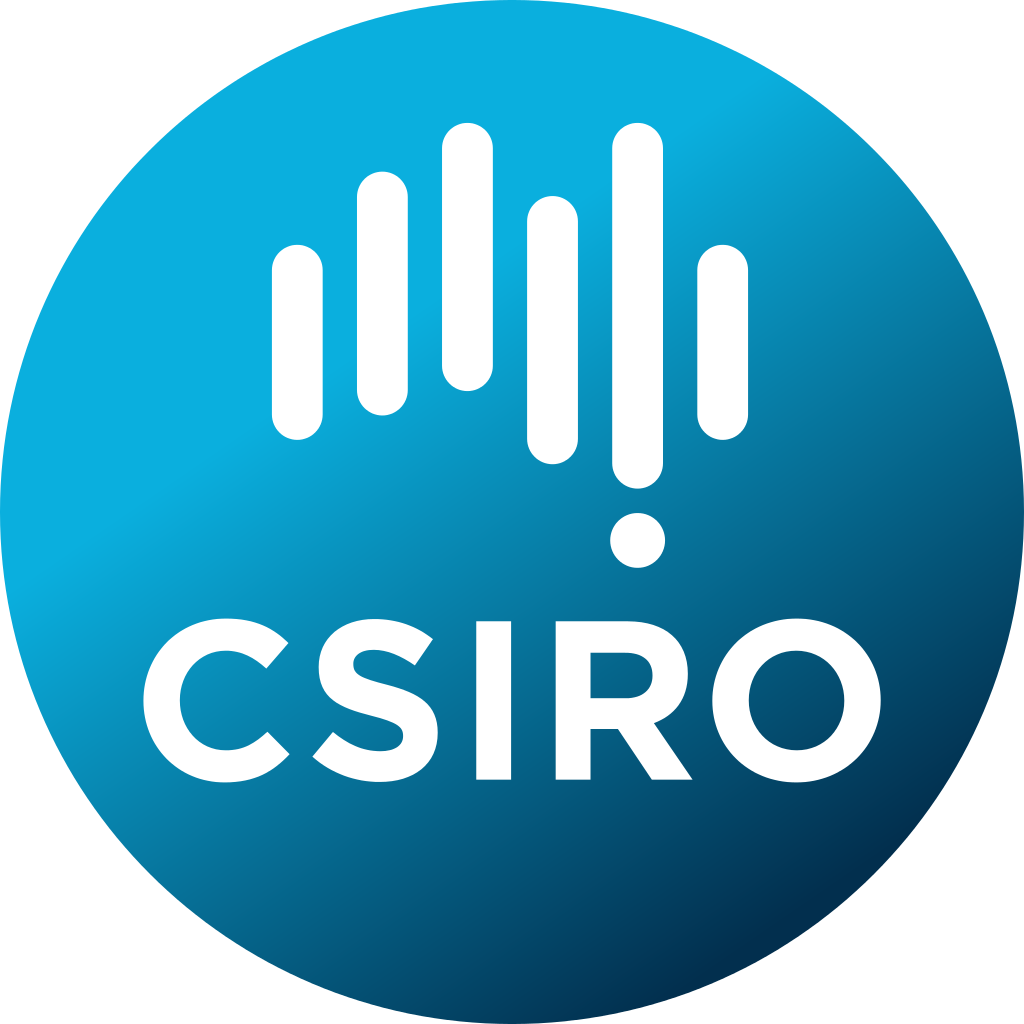Immuron’s commercially available products, Travelan® and Protectyn® are available over-the-counter in three international markets, Australia, Canada and the USA.
|
AUSTRALIA
|
Travelan®
|
 |
- Reduces the occurrence of symptoms of Travellers’ Diarrhoea.
- Enhances gastrointestinal system health and promotes immune defence.
- Available in pharmacies and online.
- Listed on the Australian Register of Therapeutic Goods (AUST L 106709).
- Learn more: www.travelan.com/au
|
|
|
Protectyn®
|
 |
- Helps to support liver & digestive health.
- Available from natural health practitioners and online.
- Listed on the Australian Register of Therapeutic Goods (AUST L 231001).
- Learn more: www.protectyn.com
|
|
CANADA
|
Travelan®
|
 |
- Indicated to reduce the risk of Travellers’ Diarrhoea and to help support the immune system within the upper respiratory tract.
- Available in pharmacies and on Amazon.
- A licensed natural health product (NPN 80046016).
- Go to website: www.travelan.com/ca
|
|
USA
|
Travelan®
|
 |
- Sold as a dietary supplement to support digestive health when at home or travelling.
- Available at Passport Health Travel Clinics & Amazon.
- Go to website: www.travelan.com/us
|
Clinical Studies on IMM-124E
IMM-124E is the active pharmaceutical ingredient used to manufacture both Travelan® & Protectyn®.
Randomized control trials using a tablet formulation of hyperimmune bovine colostrum to prevent diarrhea caused by enterotoxigenic Escherichia coli in volunteers.
Otto et al. Scandinavian Journal of Gastroenterology, 2011; 46: 862–868. doi: 10.3109/00365521.2011.574726
IMM-124E underwent independent double-blinded placebo-controlled E.coli (ETEC) challenge trials in Europe and the USA. The trials showed protection of up to 90% against infection with E.coli (ETEC) and the development of Travellers’ Diarrhoea. Participants who took dose regimens of 1 caplet (200 mg) and 2 caplets (400 mg) of IMM-124E three times a day had significantly less discomfort and diarrhoea compared to those who did not receive IMM-124E.
Read Study
Pre-Clinical Studies on IMM-124E
IMM-124E is the active pharmaceutical ingredient used to manufacture both Travelan® & Protectyn®.
IMM-124E is broadly cross-reactive with shigella species and E. coli strains not present in the IMM-124E vaccine. A pre-clinical study demonstrated 75% efficacy in prevention of diarrhea in non-human primates.
Islam D, et al. Bioactivity and efficacy of a hyperimmune bovine colostrum product- Travelan, against shigellosis in a non-Human primate model (Macaca mulatta). 2023.
The U.S. Department of Defense (DoD) conducted two studies using bacteria samples retrieved from infected personnel deployed in Southern Asia. The first study demonstrated that Travelan® was able to bind and react to all 180 samples of pathogenic bacteria tested, including Campylobacter, ETEC (E.coli) and Shigella. The second study found that Travelan® was able to bind and react to all 71 samples of Vibrio cholera tested.
In another pre-clinical study conducted by the US DoD, Travelan® was shown to reduce the risk of infection with a pathogenic strain of Shigella in non-human primate challenge trials. All 100% (4 of 4) placebo treated animals displayed acute clinical signs of dysentery within 24 - 36 hours of a Shigella challenge. Only 2 of the 8 Travelan® treated group displayed any signs of dysentery. The remaining 75% (6 of 8) of the Travelan® treated group remained healthy and without signs of dysentery post challenge. Histopathological analysis, which provides a comprehensive view of the clinical disease and its effect on tissues of the gut, revealed that all animals in the placebo-treated group displayed severe inflammation in different parts of the gastrointestinal tract. Only 3 of the 8 Travelan® treated animals had signs of inflammation in the gastrointestinal tract. All other animals in the Travelan® treated group were clinically healthy and overall, the results suggest that Travelan® is functionally cross-reactive and may have some prophylactic activity against Shigellosis.
Travelan as a broad spectrum anti-bacterial, 29 April, 2011
Immuron Limited
An vitro study commissioned by Immuron tested if the antibodies in IMM-124E reacted with all of the 13 ETEC strains used in the vaccine to immunise the cattle from which Immuron’s proprietary bovine colostrum is harvested. It was found that IMM-124E antibodies react with both flagella and surface ‘O polysaccharide’ and ‘lipid A’ LPS core region of all the serotypes included in the ETEC vaccine. The antibodies also react with bacterial flagella and Colonisation Factor Antigens.
The study also demonstrated that IMM-124E antibodies cross react with both similar antigens of ETEC serotypes not included in the ETEC vaccine and that they even cross react with antigens of other Gram-negative enteropathogenic bacteria, including. Salmonella spp, Vibrio spp, Yersinia spp and Klebsiella spp. The study found that IMM-124E antibodies agglutinate ETEC in liquid suspension and significantly reduce their ability to adhere to enterocytes (CaCo2 cells). The antibodies also significantly reduce adherence of CFA/I-producing ETEC strains to enterocytes (CaCo2 cells).
Microbiome pre-clinical study indicated feeding with IMM-124E increased the abundance of gut-beneficial bacteria
Gore R et al. Hyperimmune bovine colostrum containing lipopolysaccharide antibodies (IMM124-E) has a nondetrimental effect on gut microbial communities in unchallenged mice. 2023.
A pre-clinical study to review the potential for LPS antibody treatment to improve the gut microbiome was conducted using IMM-124E. Mice were fed a diet that was supplemented with LPS antibodies and changes in the faecal and caecal bacterial communities were monitored. The study found that LPS antibody treatment increased the abundance of potential gut-beneficial bacteria, such as the genus Akkermansia, and reduced Clostridium (Clade III) without disrupting the underlying ecology of gastrointestinal tract. The potential of LPS antibody treatment to beneficially engineer the microbiome indicates that further intervention studies are warranted.










